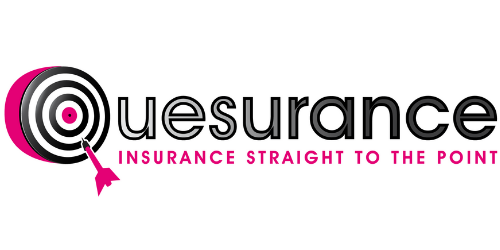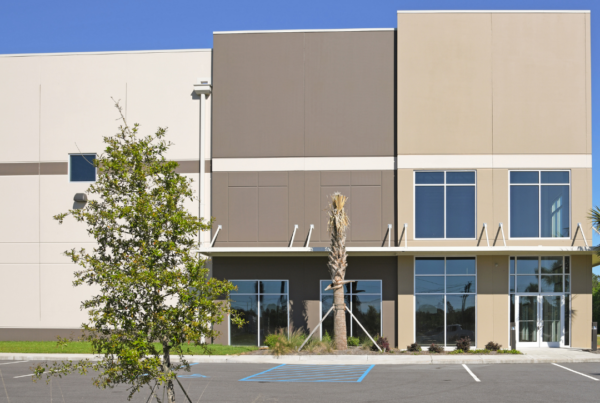
There are many risks and liabilities to a company, no matter what its business is. This is why getting commercial insurance is practically a prerequisite across industries. Small business insurance is a great way for small businesses to manage some risks should anything untoward happen out of the blue. More and more insurance companies have been offering this means of mitigating some risks to small businesses for a while now.
Small Business Insurance
It should be noted that the term ‘small business insurance’ is not one-size-fits-all. There are several types, though before anything else, what the federal government requires should be established and settled first. Businesses that have employees must have:
- Disability insurance
- Unemployment insurance (UI)
- Workers’ compensation insurance
UI, in particular, is a program that’s federally guided, which the state administers and operates. The UI rate varies per state; employers must contribute part of their employee’s salary to the UI fund of their respective state.
With those cleared, a focus can be set on other insurance types. These depend on variables such as employees and customers, industry, the work being done, physical location, property and equipment, as well as intellectual property.
Majority of small business insurance policies can be grouped under categories such as:
- Business owner’s policy (BDP) – A general liability policy can be bundled by a small business owner with commercial property insurance
- Commercial property insurance – Coverage for physical assets and property in case of damage due to natural disasters and the likes of vandalism
- General liability insurance – Coverage includes financial loss from bodily injury, court costs that involve lawsuit defense, judgments, libel, medical expenses, property damage, and slander
- Product liability insurance – Coverage for possible harm because of product defects; crucial for distributors, manufacturers, retailers, and wholesalers
- Professional liability insurance – Coverage for financial loss due to errors, malpractice, and negligence; also referred to as errors and omissions
There’s also home-based business insurance, usually added to the homeowner’s policy for coverage of business equipment and third-party injury liability. Key person insurance comes in for incredibly small businesses where everyone plays a vital role. Coverage includes costs attached to continuing or ending the business should there be a death of a key person.
Business Interruption Insurance
When it comes to disasters, both natural and otherwise, businesses are generally able to plan well. That includes earthquakes, storms, fire, and power outages. However, nobody was prepared for the global coronavirus pandemic, business owner or not. Small businesses are certainly affected more than most no matter what disaster is at hand, however.
Small- to mid-sized businesses are usually the ones who make the most of business interruption policies. Coverage includes business income, liability, and property; there are also disasters covered, defined as damages from the likes of civil unrest.
Conclusion
Small business insurance should not be overlooked. It’s key to consider which category the needs of one’s business will fall under. This includes professional liability insurance, commercial property insurance, and general liability insurance. Another key thing to consider alongside it is business interruption insurance.
In need of a small business insurance? Contact Quesurance today! We have served Hopatcong and the surrounding New Jersey communities by protecting the people we work with just like we protect our own family members.





